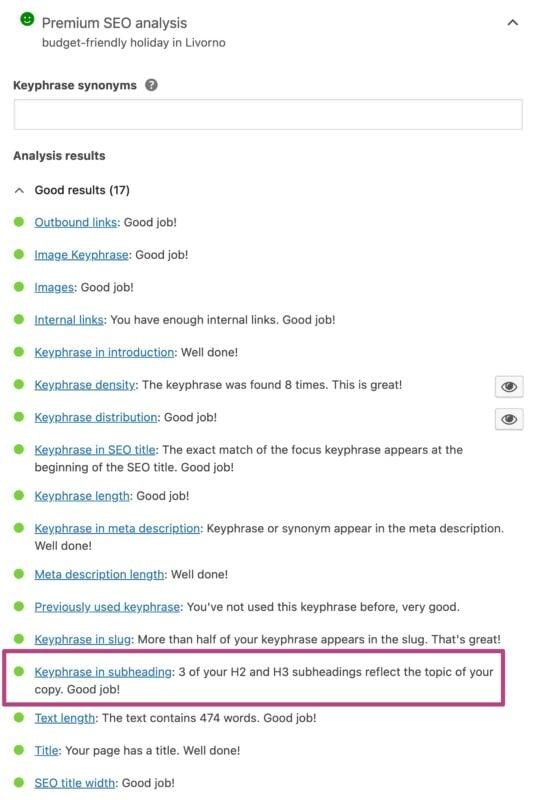Strengthening US-West Africa Economic Partnerships Amid Travel Limitations
West African nations are increasingly focused on deepening their economic engagement with the United States, building on opportunities that surfaced during the Trump administration. However, ongoing U.S. travel restrictions continue to hinder effective collaboration between these regions. Nigeria’s Foreign Affairs Minister recently highlighted that while there is a strong commitment to expanding trade and investment ties, current immigration policies present significant challenges to forging solid partnerships.
This friction between West Africa’s economic ambitions and U.S. regulatory measures illustrates a broader dilemma: how to maintain national security while fostering open international commerce. Regional governments advocate for more streamlined cooperation channels, anticipating benefits such as:
- Expanded market access for West African exports into the U.S.
- An increase in American investments targeting sectors like manufacturing, technology, and services
- Enhanced diplomatic relations, paving the way for strategic alliances beyond mere trade agreements
Recent projections indicate that easing these barriers could significantly boost bilateral trade volumes:
| Year | Projected Trade Value (USD Billions) |
|---|---|
| 2024 | $11 billion |
| 2025 | $17 billion+ |
| 2026 | $24 billion and growing |
Nigeria Emphasizes Investment Potential and Policy Challenges in US-West Africa Relations Post-Trump Era
Nigeria—the continent’s largest economy—has spotlighted vast opportunities for enhanced cooperation with the United States across key industries such as agricultural technology innovation, infrastructure expansion, and digital transformation.The Nigerian government is keen on negotiating frameworks that not only boost bilateral commerce but also foster job creation and sustainable development throughout West Africa.
The Foreign Affairs Minister outlined several advantages stemming from increased U.S. engagement:
- Create Employment Opportunities:A surge of American investment can stimulate new business ventures while scaling existing enterprises within local markets.
- Diversify Technological Resources:A collaborative partnership would enable transfer of advanced technologies critical for productivity improvements.
- Bilateral Market Growth:This would facilitate entry of American products into expanding West African consumer bases.
Despite these promising prospects, stringent visa regulations remain a formidable barrier.The travel bans introduced during former President Trump’s tenure restrict essential face-to-face interactions needed for negotiations and diplomatic dialogue.
| Potential Benefits from Cooperation       | Current Challenges ——————————|—————————- Increased Trade Volume | Restrictive Travel Policies Accelerated Economic Development | Frequent Visa Rejections Improved Skills & Knowledge Exchange | Limited Collaborative Platforms | |||||||||||||
|---|---|---|---|---|---|---|---|---|---|---|---|---|---|
| Expanded Trade Flows         | Travel Restrictions  Â
Economic Growth Acceleration  | Ongoing Visa Denials Enhanced Training & Education  | Reduced Partnership Opportunities | < / tr > < / tbody > < / table > Enhancing Bilateral Cooperation Through Visa Reform and Cultural Exchange InitiativesTo address obstacles limiting transatlantic collaboration , experts recommend targeted strategies aimed at relaxing travel constraints . A leading proposal involves establishing a reciprocal visa facilitation program , simplifying application processes specifically designed for business professionals , investors , academics , and tourists . This initiative promises faster approvals while promoting cross-border interaction . Key recommendations include :
|







